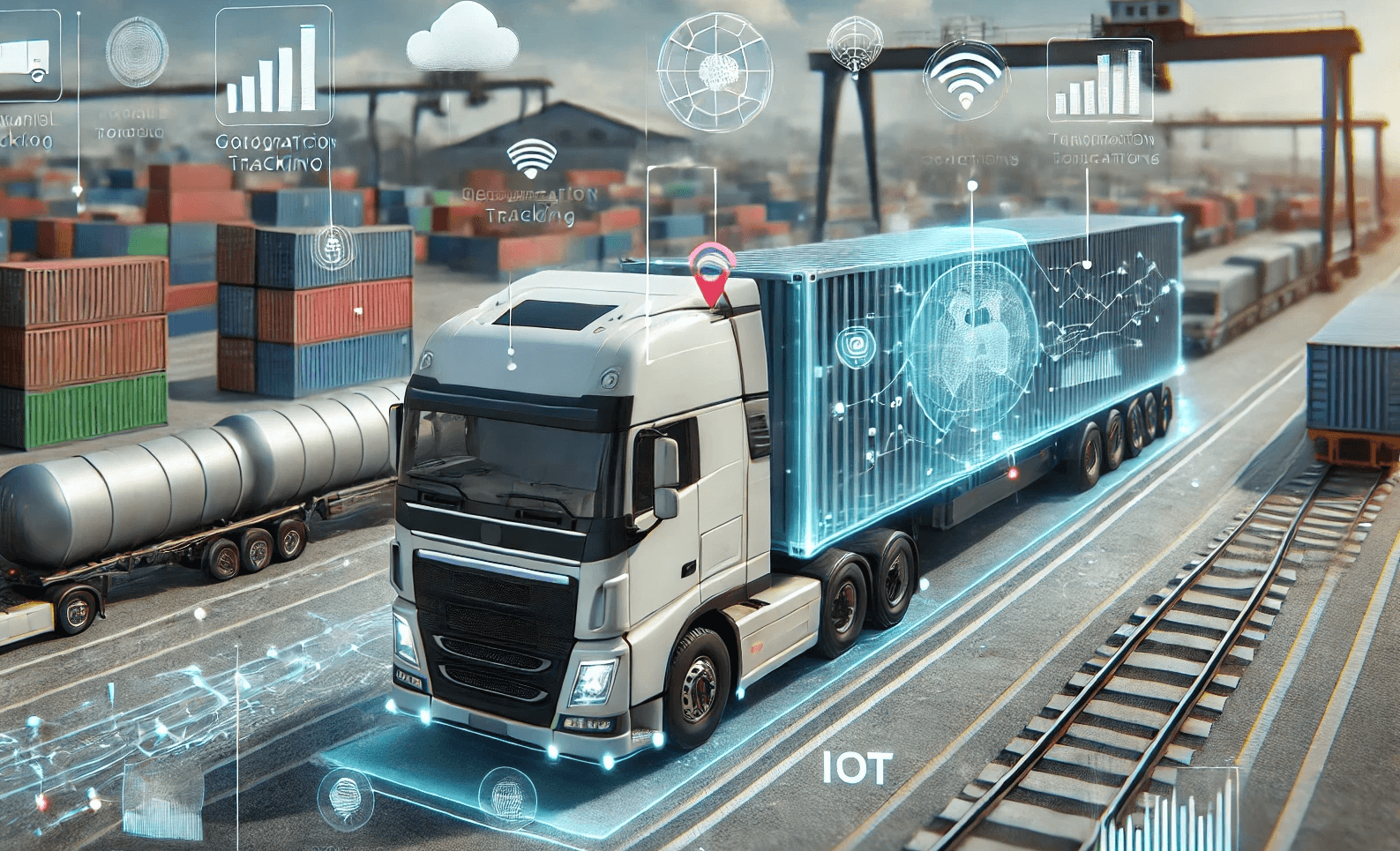Jul 12, 2024

In today's rapidly evolving logistics landscape, more companies are equipping their fleets with IoT devices. These connected semi-trailers, trucks, railway cars and even containers generate critical data for tracking geographical location, monitoring transportation conditions, and enhancing operational visibility and efficiency. On the surface, this seems like an ideal solution that offers a significant competitive edge.
Beyond the Surface: New Opportunities and Digital Markets
The rise of 4PL providers, freight/capacity marketplaces, and cloud-based TMS solutions aims to dismantle the silos of traditional logistics networks. This evolution is creating new digital markets and unlocking new opportunities for collaboration, joint planning, and execution of logistics operations. To thrive in these new markets, fleet operators and carriers must connect their assets creating digital twins. These digital replicas enable more efficient and integrated operations within these advanced, interconnected ecosystems.
The Caveats: What Lies Beneath the Promise?
However, while the benefits of IoT in transport logistics are evident, there are several caveats to consider. The integration of IoT solutions brings forth complexities around data ownership, privacy, and security. While your company might own the physical fleet, the data generated by these IoT devices often resides in the cloud infrastructure managed by third-party vendors, questions arise about who truly owns this data and connected assets?
Furthermore, the reliance on these vendors can lead to vendor lock-in situations, where switching providers becomes challenging and costly due to proprietary technologies and systems. This dependency can limit a company's flexibility as it may be constrained by the vendor's capabilities and roadmap. This scenario raises concerns about data sovereignty and control.
The Bring Your Own Cloud (BYOC) Approach: A Viable Solution
With BYOC, companies use their own cloud infrastructure to store and manage IoT data. This ensures that the ownership and control of the data remain with the company, not the IoT vendor. Companies can set their own policies for data access, usage, and security.
Conclusion: The Imperative of Data Sovereignty
In conclusion, as the logistics industry embraces IoT, the importance of data sovereignty cannot be overstated. Companies must ensure they have clear agreements regarding data ownership and access rights. Understanding who controls your data and connected assets is essential to maintaining strategic flexibility and competitive advantage.
We Value Your Input: Participate in Our Survey
Your insights are crucial for building a decentralized collaboration platform for the logistics community that respects your data sovereignty. Please take a few minutes to complete our survey and let us know if the challenges and solutions highlighted in this article reflect your experiences.